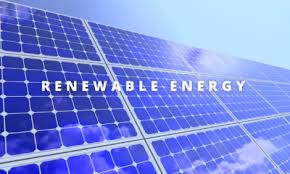
 The Energy Regulatory Authority of the Kingdom of Eswatini has launched a call for tenders for the production of 40 MW of solar energy by 2020 and 40 MW of electricity from biomass by 2021, local media reported.
The Energy Regulatory Authority of the Kingdom of Eswatini has launched a call for tenders for the production of 40 MW of solar energy by 2020 and 40 MW of electricity from biomass by 2021, local media reported.
According to the Energy Regulatory Authority, the objective of the kingdom is to reduce Eswatini’s dependence on electricity imports from South Africa and Mozambique.
Swaziland is the only absolute monarchy in Africa.
The Energy Regulatory Authority said the Kingdom needs independent power producers (IPPs) for two renewable energy projects.
The government wants to produce 40 MW of electricity from solar energy by 2020 and 40 MW of biomass by 2021.
“Due to the constraints faced by Eskom and the expected significant tariff increases from Eskom, the reliance by Eswatini on electricity imports from South Africa is no longer secured, » the ESERA said.
Eswatini, the impoverished southern African nation – a member of the Commonwealth – who gained independence from Britain in 1968 has four power plants, which supply 60.4 MW of electricity, representing 17% of the total energy consumed by its industries and 1.4 million inhabitants.
The main primary energy sources currently used in the country for electricity production are hydropower, coal and biomass. The remaining electricity used is imported from South Africa and Mozambique, through their national electricity companies, Eskom and Electricidade de Moçambique (EMD) respectively.
As a reminder Kingdom of Eswatini issued its first utility-scale solar tender in June. It aims to increase the share of renewables in the country’s electricity mix to 50% by 2030.
